UBLOX's CAM M8Q Concurrent GNSS module for mounting onto your Dragonfly or Butterfly
Designed by Tlera Corp in United States of America
This product is no longer available for sale.
The seller may be offering an improved version or it may be hanging out on the beach, enjoying the retired life.
What is it? This is an add-on shield designed to be mounted directly onto the Dragonfly STM32L476 or Butterfly STM32L433 Development Board to provide a compact, low-power and low-cost way to get real…
Read More…This is an add-on shield designed to be mounted directly onto the Dragonfly STM32L476 or Butterfly STM32L433 Development Board to provide a compact, low-power and low-cost way to get real-time absolute position data remotely. The positioning data is provided by UBLOX's CAM M8Q concurrent GNSS module, which tracks satellites from one or two GNSS systems simultaneously (i.e., concurrently) so that, for example, both Russian and American satellites contribute thereby reducing time to first fix and increasing accuracy.
The CAM M8Q module has a built-in chip antenna, and along with the pcb ground plane which is an integral part of the antenna, allows a 3D differential GPS fix to be achieved in minutes from a cold start outside, and seconds from a warm or hot start. The GNSS add-on comes with a 3.4 mAH 3 V rechargeable button battery that will keep backup voltage on the module for almost 10 days, allowing for very long duty cycle operation. Since in backup the CAM M8Q keeps the latest ephemeris downloaded from the last satellite fix, keeping it active means the module can be put into a low power mode and, when woken up, can very quickly get a new fix and update its location data before being put back to sleep. Using this kind of low duty cycle strategy along with the low power modes afforded by the STM32L4 MCU allows GNSS data to be accumulated remotely for days or weeks (depending on the duty cycle chosen and size of the battery).
The STM32L4 development boards are great for low-power, high performance applications like asset tracking and industrial automation. In these applications it is useful to know where high-value assets are as well as what they are doing (are they on or off? Are they functioning normally or is something wrong?, etc). Most inexpensive GPS solutions require a large patch antenna or a long cable for an active antenna to have any hope of receiving satellite signals indoors. The CAM M8Q avoids a lot of these problems by using a chip antenna in a small module that can be easily coupled with the small form factor of the Dragonfly and Butterfly development boards. This results in a relatively compact positioning solution that can be further augmented by adding an SD card, SPI flash memory, radio and/or sensor add-ons to the Dragonfly and Butterfly allowing a modular configuration to offer a rich set of embedded solutions for your applicatons.
The minimum recommended pcb size for the CAM M8Q is 20 mm x 45 mm and best performance of the GNSS antenna is achieved at 20 mm x 80 mm pcb size. Here I have sacrificed GNSS sensitivity for smaller size; the pcb is ~20 mm x 36 mm so the GNSS signal is not a strong as it could be, but the add-on pcb is the same length as the Dragonfly or Butterfly and makes for a more compact total solution. Still I am routinely able to get a 3D fix from a cold start in two minutes or less out on my deck and I can even get a fix inside the house in the kitchen or my workspace. The PPS signal flashes the on-board led once per second while a fix is obtained and this signal is available to the STM32L4 for synching its RTC or other uses.
Your results may vary, but I am pleasantly surprised the CAM M8Q works so well with a chip antenna and a sub-optimum pcb size. I am often tracking twenty or more satellites even indoors, and UBLOX makes a great GUI application that makes interpreting the GNSS data coming from the CAM M8Q fun and easy.
We use this concurrent GNSS add-on for flying robots (drones) and asset tracking. For both solutions we have to deal with temporary gaps in GNSS coverage so I have added an IMU solution on the board to allow dead reckoning. This is the same "Ultimate Sensor Fusion Solution" available here on Tindie in a separate breakout board but having it on the GNSS add-on means we can use RTKLib to fuse the quaternions from the IMU with the GNSS data to allow dead reckoning and more accurate position estimation.
You can choose to add this IMU solution to the add-on board at extra cost. Just select the appropriate option above.
This is a small add-on that provides accurate position data via concurrent GNSS as well as accurate absolute orientation estimation via sophisticated 9 DoF sensor fusion for use in all navigation and tracking applications. It is standalone when connected to the Dragonfly or Butterfly development board, not requiring additional antennas or power supplies. The UART output, wakeup and PPS pins from the CAM M8Q are exposed on the board and connected to the Dragonfly or Butterfly. The add-on likewise exposes the SENtral interrupt and I2C bus as well as power and ground, so this board could be used with other microcontrollers with a little creative wiring work.
There is a GNSS API for easily reading latitude, longtude, speed, position, altitude, error, satellite data, etc. using the STM32L4 Arduino core and Arduino IDE. Similarly, there are sketches that demonstrate in detail how to configure and run the EM7180 orientation solution. We are still working on fusing these two data streams with RTKLib to increase accuracy but we will update the Github respository when we make progress here.
Order the pcbs from OSH park and assemble them yourself to save some money or buy the fully assembled and tested GNSS add-on board here and see how easy it is to add absolute orientation and position estimation to your project!
Pahrump, NV, United States of America
Ships from United States of America.
38 Reviews | 1,273 Orders

$39.95
Free Shipping!
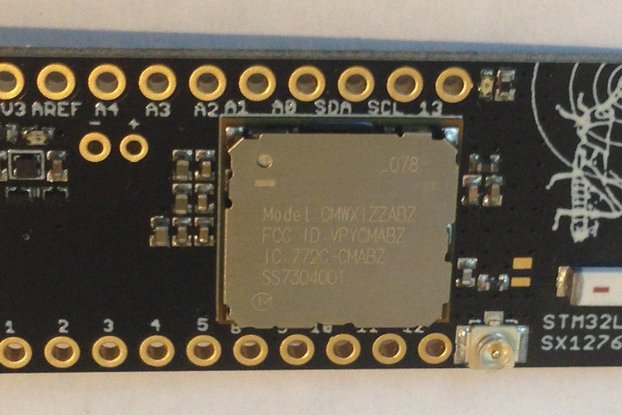
$39.95
Free Shipping!
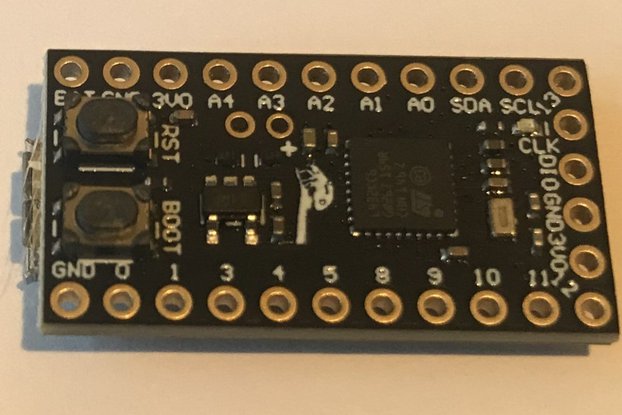
$17.95
Free Shipping!
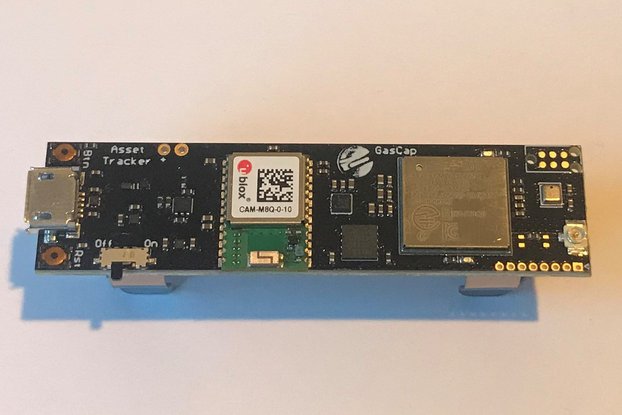
$79.95
Free Shipping!
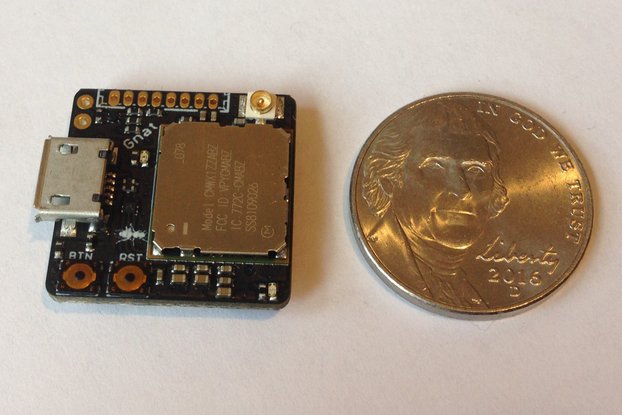
$79.95
Free Shipping!
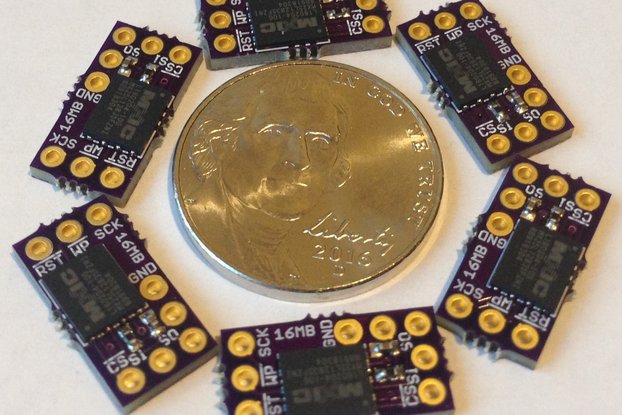
$11.95
Free Shipping!
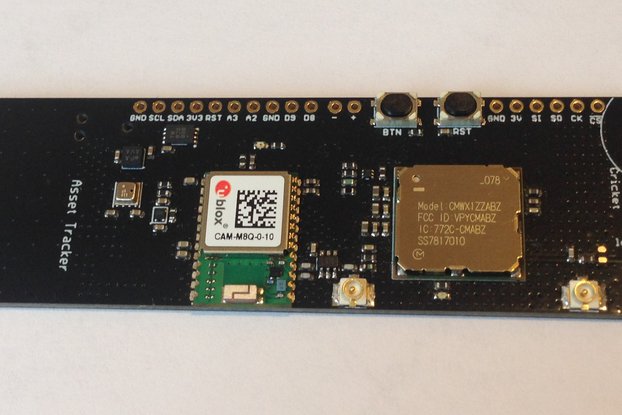
$79.95
Free Shipping!
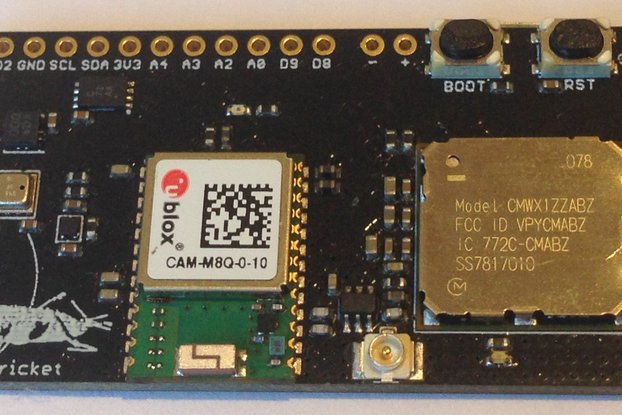
$79.95
Free Shipping!
By clicking Register, you confirm that you accept our Terms & Conditions
We recognize our top users by making them a Tindarian. Tindarians have access to secret & unreleased features.
We look for the most active & best members of the Tindie community, and invite them to join. There isn't a selection process or form to fill out. The only way to become a Tindarian is by being a nice & active member of the Tindie community!
